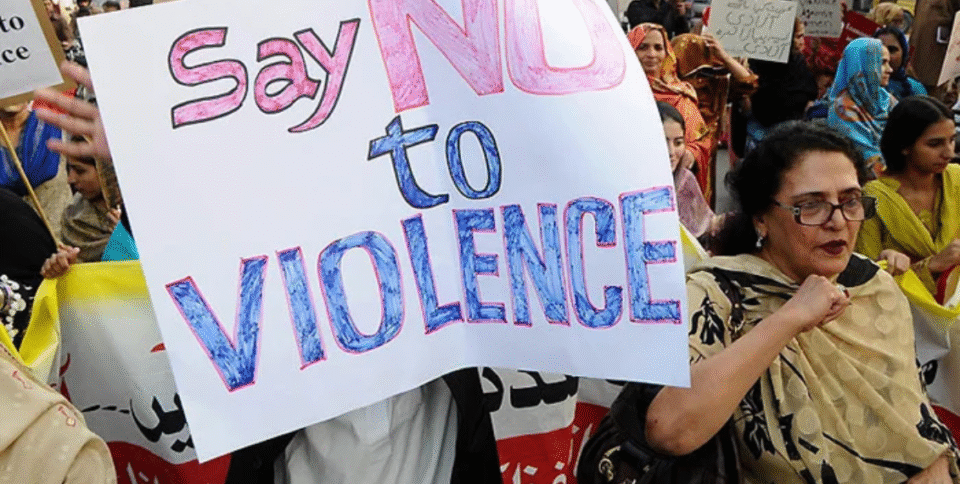Sindh [Pakistan], August 8: A new report by the Women’s Action Forum (WAF) lays bare the depth of Pakistan’s gender violence crisis, documenting 2,176 cases of gender-based violence in Sindh between July 2021 and June 2025. The findings expose an entrenched culture of misogyny, impunity, and systemic neglect that activists say continues to cost women and girls their lives.
Compiled by WAF’s Hyderabad chapter through daily monitoring of print, digital, and social media, the data paints a disturbing picture. Activists caution the real numbers are far higher due to underreporting, fear of retaliation, and deep mistrust in police and the courts.
The statistics reveal a sharp escalation. Murders of women rose by over 21% between 2021 and 2022. Rape cases surged 291%. Suicides nearly doubled. Over the four years, WAF recorded 531 murders (excluding so-called honour killings), 307 honour killings, more than 250 rapes, 139 domestic violence cases, and 548 suicides. In most cases, the perpetrators were close male relatives — husbands, fathers, brothers, or in-laws.
“These are not random tragedies,” WAF told Voicepk.net. “They are part of a patriarchal design that controls women’s lives through fear, punishment, and silence.”
The report stresses that violence is not always physical. Control is often enforced through forced marriages, restricted mobility, denial of education, and financial dependency. In this climate, women seeking autonomy are branded immoral, and those demanding rights face social ostracism, assault, or death. Many suicides involved girls under 25, some as young as 12.
State complicity, WAF warns, is central to the crisis. Very few rape or murder cases led to arrests or convictions. Police frequently refused to register complaints unless pressured by protests or media coverage. In 94 reported cases of workplace harassment — including in schools — survivors received little to no institutional support.
The report also highlights the weaponisation of religion and ideology. Feminist movements such as Aurat March have been smeared as “Western” or “anti-Islamic” by conservative media and religious hardliners, creating moral justification for violence. Sexist language targeting women in politics is regularly broadcast without censure, further normalising abuse.
In honour killing cases, more than 95% of perpetrators were male family members, with most going unpunished due to tribal customs, weak laws, and state inaction. WAF members say they had to intervene in over 80% of reported cases just to prompt minimal follow-up from authorities.
Despite the grim data, WAF continues to stand with survivors — providing legal aid, organising vigils, and challenging state apathy. But their conclusion is stark: Pakistan remains unsafe for its women, and until patriarchy is dismantled at a systemic level, violence will persist as the norm, not the exception.

